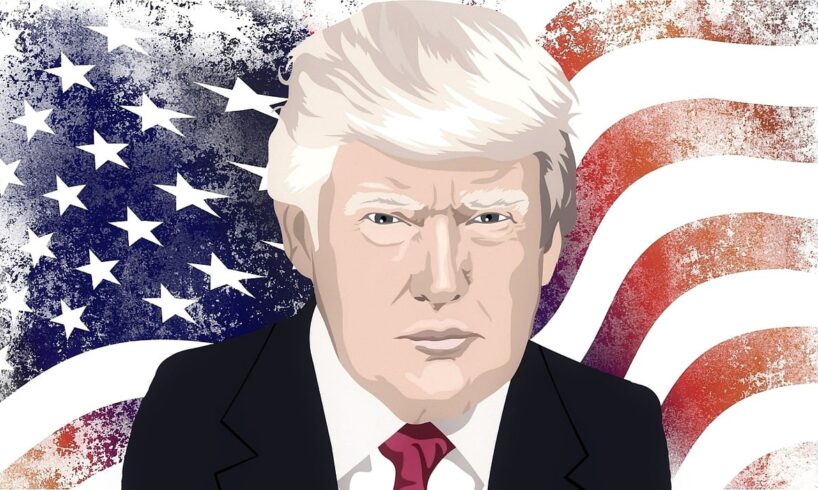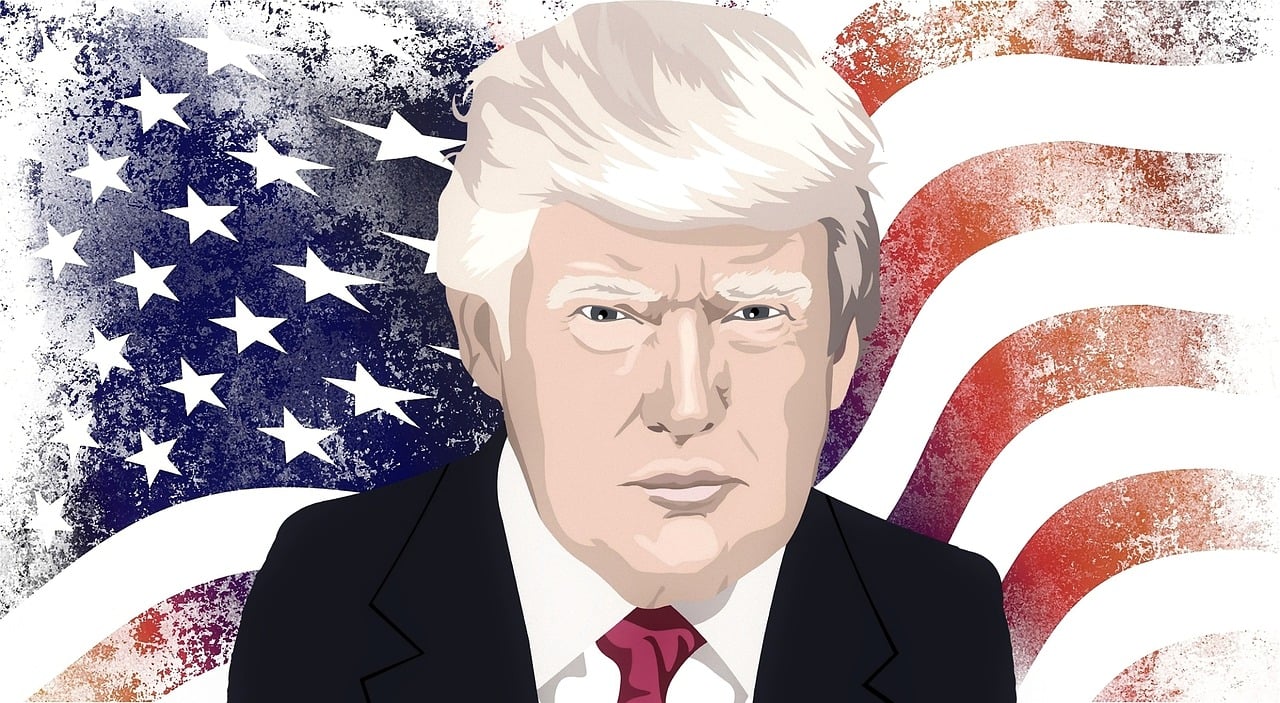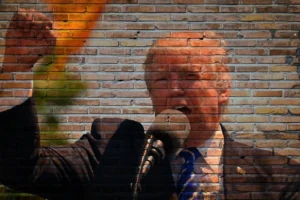
President-elect Donald Trump has appointed tech visionary Elon Musk and former presidential hopeful Vivek Ramaswamy to spearhead the newly created Department of Government Efficiency in a bold move to reshape the federal government’s operations. Announced at a press conference on Tuesday, this initiative aims to tackle bureaucracy head-on, streamline government services, and cut down excessive federal spending. Trump emphasized the need to use private sector expertise to create a more effective and efficient government, a promise central to his campaign.
A New Era of Government Efficiency
The announcement comes when the call for reduced government waste is louder than ever. The United States has long grappled with concerns over administrative bloat and inefficient public services. The new department is poised to address these issues by adopting innovative practices from the private sector. “It’s time to bring the brightest minds together to optimize our government,” Trump stated, pointing to Musk and Ramaswamy’s innovation and business acumen track records.
Timing and Location of the Initiative
The initiative was unveiled at a press conference at Trump Tower in New York City on November 12, 2024. The timing of this announcement aligns with Trump’s broader strategy to implement significant policy changes early in his term. By establishing the Department of Government Efficiency as a top priority, Trump signals his commitment to fulfilling his campaign promise to reform the federal government.

Musk and Ramaswamy: Disruptors Turned Reformers
Elon Musk, CEO of Tesla and SpaceX, brings a forward-thinking approach. Known for his ability to revolutionize industries with bold and sometimes controversial ideas, Musk’s role in the department is expected to focus on integrating cutting-edge technology into government operations. “Government should be as efficient as the most successful companies,” Musk commented, indicating his plans to leverage AI and automation to streamline processes.
Musk’s involvement has sparked both excitement and skepticism. While supporters are optimistic about his potential to drive technological advancements, critics caution against over-reliance on technology at the expense of public sector jobs. Nevertheless, Musk remains committed to proving his methods can work within the public sphere.
Ramaswamy’s Business Savvy
Vivek Ramaswamy, a biotech entrepreneur and author known for his critiques of corporate practices, is tasked with ensuring that government spending is effective and accountable. Ramaswamy’s expertise in financial management and strategic restructuring is expected to play a crucial role in identifying areas where the government can save money without compromising service quality.
Ramaswamy highlighted the need for transparency and accountability in federal spending. “We need to make sure every dollar spent is well-invested,” he said, outlining plans to audit government programs and eliminate redundancy. His approach is expected to resonate with fiscally conservative constituents who have long advocated for a leaner government.
Challenges and Opportunities Ahead
Despite the ambitious goals, the road ahead is fraught with challenges. The federal government is a complex entity with deeply entrenched practices that resist change. Implementing reforms will require navigating bureaucratic red tape and overcoming resistance from within. Experts warn that Musk and Ramaswamy must build strong coalitions within government agencies to push through significant reforms.
Political analysts suggest their success hinges on communicating these changes’ benefits to lawmakers and the public. “It’s one thing to propose changes; it’s another to implement them in a way that achieves real results,” noted political commentator Jane Doe.
Potential for Lasting Impact
The Department of Government Efficiency could set a precedent for future administrations, demonstrating that effective management and technological advancements can coexist within the public sector. The initiative has the potential to reshape how government interacts with citizens, making services more accessible and responsive to their needs.
Moreover, by reducing wasteful spending, the initiative could free up resources for critical programs like education and healthcare. This prospect holds promise for those advocating for a more balanced federal budget and better allocation of funds.
Forward-Looking Insights
As Trump prepares to take office, creating the Department of Government Efficiency marks a significant step towards fulfilling his campaign pledge for a streamlined government. With Musk and Ramaswamy at the helm, the initiative promises to bring about transformative changes. However, the path to a more efficient government is fraught with potential hurdles, and the initiative’s ultimate success will depend on the ability of its leaders to navigate these challenges.
The coming months will reveal whether this bold experiment in governance can deliver on its promises and set a new standard for government efficiency. As the nation watches closely, the stakes are high for Musk, Ramaswamy, and the Trump administration to prove that this unconventional partnership can bring about meaningful change.

Carl Riedel is an experienced writer focused on using Open Source Intelligence (OSINT) to produce insightful articles. Passionate about free speech, he leverages OSINT to delve into public data, crafting stories that illuminate underreported issues, enriching public discourse with perspectives often overlooked by mainstream media.






